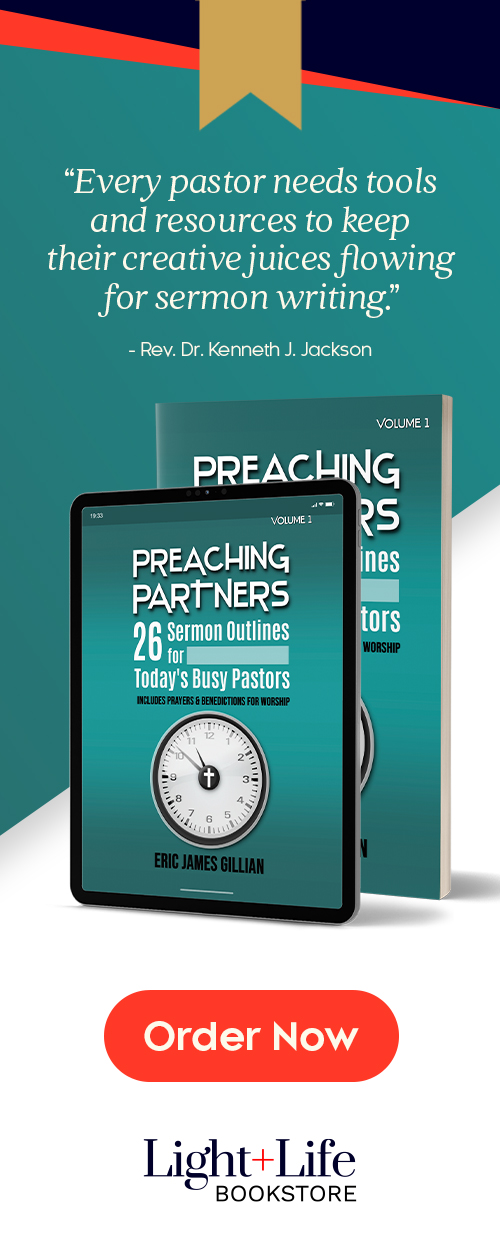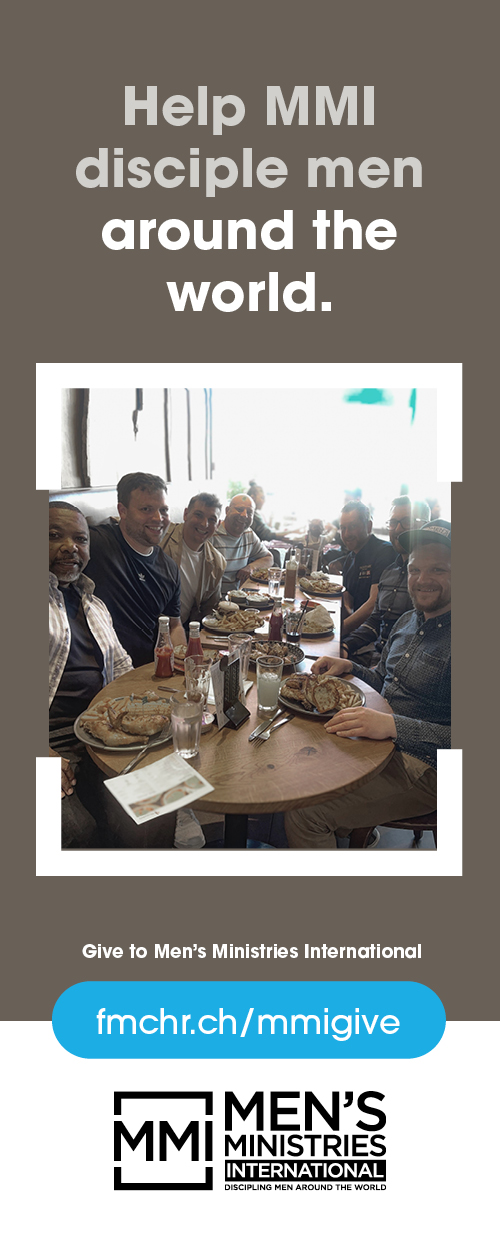
Robyn Florian
Robyn Florian, D.Min.: Ministry Leadership, led public relations and marketing at her alma mater, Greenville University, for 12 years before entering her own season of wilderness wandering and wondering through experiences in prison ministry, disaster relief, homeless care and those dealing with medical crises. Almost 14 years later, this journey led to the development of The Hope-Brained Way: Reinterpreting Brokenness Through Reparative Restory via Trauma-Informed Spiritual Formation (hopebrained.com) as a result of her studies at Asbury Theological Seminary. She provides soul care coaching, training and consulting for clergy and lay leaders. She will be the featured speaker at the Free Methodist Healthcare Fellowship Retreat Oct. 20–22 at the Essenhaus Inn & Conference Center in Middlebury, Indiana. Click here for registration information.
By Robyn Florian
“The wind blows wherever it wants.” – Jesus (John 3:8 NLT)
“Is the Spirit pure wind?” This is just one of a variety of possibly, slightly-left-of-center questions I’ve asked of God as I’ve walked with Him for miles and miles over many years. “Is the Spirit pure wind … the move of God in our world maneuvering His creation as He deems good? Wind that turns water into waves that flow like rivers? Wind that turns fire into flames that glow like wildfires? Wind that moves like a dove to descend on Jesus and wind that moves us in miraculous ways in the name of Jesus? Might the Spirit be pure wind?”
And in the case of the Asbury Outpouring, might He be the wind that blew a gentle cleansing rain through Hughes Auditorium and Wilmore, Kentucky — a wind that has since caught thousands up into the current of a river that now flows to the ends of the earth?
_
“It seems clear that the Holy Spirit is about movement.”
_
Regardless of where you fall theologically regarding the answer to this question, it seems clear that the Holy Spirit is about movement, advancing the kingdom of God on this earth through the people of God that make up His church … and doing so in the form of the life-giving (John 6:63), light-enlightening (Ephesians 1:18; Hebrews 6:4), love-empowering (Galatians 5:22) breath of God.
My doctoral studies on trauma-informed spiritual formation — The Hope-Brained Way to re-story de-storied stories of pain and shame — identified intimacy with the Father, identity in Christ and the inheritance of the Spirit as the way of reconciliation, repair, redemption and restoration. In nautical terms, worship of the Father steers us toward secure attachment, discipleship aligns the hull of our identity through affective abiding in Jesus, and apostleship assumes the wind will catch our sails as God sovereignly deems so, a wind that witnesses to God’s withness.
In my previous article about the Asbury Outpouring, “Minding Our Xs, Ys, and Zs,” I witnessed to God’s targeted, trauma-informed and transgenerational work of the Holy Spirit’s outpouring, infilling and overflowing presence. With this article, I get to wrestle with how we measure said “overflow,” or what the Free Methodist Vision Frame refers to as “Spirit Aliveness.” How do we — or need we — measure the way the wind blows?
Is This All Just a Lot of Hot Air?
I’m going to make what may prove to be a controversial statement: I’ve come to believe true awakening requires coming alive to the Holy Spirit, the God-with-us-now third person of the Trinity. Many will attest to faith in God or other gods of some sort. A subset of those who believe in God — including many of us reading this article — profess a Christian faith through belief in Jesus. But awakening, the lead sail of apostleship, is Spirit-fueled. I don’t think we get awakening and aliveness in our faith without the Holy Spirit.
_
“I asked God for the discernment to know what was true.”
_
A little over seven years ago, I came across a quote from Mark Batterson in which he suggests most of the church lives on two-thirds capacity, focusing a lot of left-brained attention on God the Father and Jesus the Son while only giving lip service to more whole-brained experiences with the Holy Spirit. He writes, “many of us treat the Holy Spirit like he’s the third wheel” or a “crazy uncle” instead of the third and equal person of the Trinity. I knew Batterson was talking to me, and I accepted the unspoken invitation to seek a deeper engagement with all three-thirds of God. I knew in advance it would make me uncomfortable, but I asked God for the discernment to know what was true.
Seven years later, I can attest to the truth, uncomfortability, and even craziness that has come with hoisting my “sails” to catch the Spirit’s wind. And it’s these stories — mine and yours —that prove the Spirit is not just blowing smoke. He is a bona fide powerhouse, and He seeks to empower His people to engage the world with that same power.
Something’s in the Air
In my life, I have experienced the Holy Spirit as One who surrounds, seals and sends. He surrounds me with the truth of God’s love, reconciling me to Himself through the study of His Word and worship. He heals me and seals me with the truth of His sanctifying grace, repairing and redeeming both beauty and brokenness through prayer and discipleship with other believers. And He sends me out to testify to the truth of His transformative work in the world, the apostolic ministry of restoring His kingdom on earth one story at a time. There is truly something in the air.
Breaths of Fresh Air
And it’s these stories of the Spirit’s presence, power and providence that breathe life into the three theological virtues of faith, hope and love (1 Corinthians 13:13). So how might one measure the clip of the wind that moves us as His church, both individually and corporately, in the midst of choppy cultural seas? The Vision Frame hoists three potential sails: 1) passion for God’s presence, 2) prayer for God’s power and, 3) profession of the supernatural and particular providence of God moving in and through our physical, emotional, spiritual, relational and financial blessings and challenges.
One of my favorite things — hands-down — to come out of the outpouring and infilling move of the Spirit at Asbury was the overflowing hope shared through testimonies. For the purpose of facilitating an ordered way and space for sharing unordinary stories, leaders adopted the “ABCD’s” of two-minute testimonies:
- All about Jesus.
- Be brief.
- Be current.
- Don’t preach (e.g. “give a word”).
I’ve also heard the ABC’s of testimonies described as Authentic, Brief, and Christ-Centered, but whichever model you employ, the goal is crafting a way and a space for sharing stories that testify to God’s real, supernatural work in our lives … and not solely in a once-a-month or once-a-quarter praise and prayer service, but for the purpose of encouraging a regular rhythm in Sunday morning services, in Sunday school and/or small group gatherings, on social media, and in staff meetings as well as equipping the congregation to continue the flow of these Spirit-breathed stories outside the walls of our church buildings. The Bible witnesses to God’s truth, Jesus witnesses to His truth, and now we witness to this same truth in the power of the Holy Spirit.
In The Hope-Brained Way, I’ve co-opted the “Three E’s” of trauma — events, experiences and lasting effects — for use in trauma-informed care. Our stories serve to measure the presence of God as evidenced by passionate engagement in our worship “events,” “experiences” with God’s power in prayer and with other believers in fellowship, and the lasting “effects” of God’s providence at work in the lives of His people. Evidence of “Spirit Aliveness” in our lives offers a breath of fresh air for our families, our communities, and each corner of the world in which God moves us.
_
“Our stories of pain, adversity and overcoming in Christ are meant to serve as a testimony of God’s faithfulness and power.”
_
In Acts 1:8, Jesus clarifies our assignment as His apostles, “when the Holy Spirit comes on you, you will be my witnesses.” Based on the literal meaning of the word “witness,” Jesus instructs His “sent ones” to testify to the “state” of one’s “perception” or “understanding” of who He is and what His life means for our lives, for the church and for all of creation. Second Corinthians 3:18 suggest our Christ-centered, Spirit-empowered transformation testifies to God’s glory, mirroring His image in miraculous ways. Such stories have served and will continue to serve as a powerful measure of “Spirit Aliveness” in the Free Methodist Church.
Author Tracy Miles states, “People can deny Christ, dispute Scripture, and ignore prophecy, but they cannot deny, dispute or ignore God’s transformational power in someone’s life. Our stories of pain, adversity and overcoming in Christ are meant to serve as a testimony of God’s faithfulness and power.”
I would love to see the FMC set its sails to new frontiers on a sea of Spirit-breathed stories in the days, months and years to come.
+

Robyn Florian
Robyn Florian, D.Min.: Ministry Leadership, led public relations and marketing at her alma mater, Greenville University, for 12 years before entering her own season of wilderness wandering and wondering through experiences in prison ministry, disaster relief, homeless care and those dealing with medical crises. Almost 14 years later, this journey led to the development of The Hope-Brained Way: Reinterpreting Brokenness Through Reparative Restory via Trauma-Informed Spiritual Formation (hopebrained.com) as a result of her studies at Asbury Theological Seminary. She provides soul care coaching, training and consulting for clergy and lay leaders. She will be the featured speaker at the Free Methodist Healthcare Fellowship Retreat Oct. 20–22 at the Essenhaus Inn & Conference Center in Middlebury, Indiana. Click here for registration information.









